 Animals
Animals  Animals
Animals  Facts
Facts Ten Unexpectedly Fascinating Facts About Rain
 Crime
Crime 10 Dark Details of Australia’s Gruesome Unsolved Wanda Murders
 Humans
Humans 10 Unsung Figures Behind Some of History’s Most Famous Journeys
 Animals
Animals 10 Species That Refused to Go Extinct
 Weird Stuff
Weird Stuff 10 Weird Things People Used to Do at New Year’s
 Our World
Our World 10 Archaeological Discoveries of 2025 That Refined History
 Weird Stuff
Weird Stuff 10 Fascinating Facts You Might Not Know About Snow
 Miscellaneous
Miscellaneous Top 10 Things Crypto Was Supposed to Change & What Actually Did
 History
History 10 Huge Historical Events That Happened on Christmas Eve
 Animals
Animals 10 Strange Times When Species Evolved Backward
 Facts
Facts Ten Unexpectedly Fascinating Facts About Rain
 Crime
Crime 10 Dark Details of Australia’s Gruesome Unsolved Wanda Murders
Who's Behind Listverse?

Jamie Frater
Head Editor
Jamie founded Listverse due to an insatiable desire to share fascinating, obscure, and bizarre facts. He has been a guest speaker on numerous national radio and television stations and is a five time published author.
More About Us Humans
Humans 10 Unsung Figures Behind Some of History’s Most Famous Journeys
 Animals
Animals 10 Species That Refused to Go Extinct
 Weird Stuff
Weird Stuff 10 Weird Things People Used to Do at New Year’s
 Our World
Our World 10 Archaeological Discoveries of 2025 That Refined History
 Weird Stuff
Weird Stuff 10 Fascinating Facts You Might Not Know About Snow
 Miscellaneous
Miscellaneous Top 10 Things Crypto Was Supposed to Change & What Actually Did
 History
History 10 Huge Historical Events That Happened on Christmas Eve
Top 10 Books That Will Change Your Life
Oral storytelling tradition is as old as mankind itself, and with the invention of writing, the practice of handing down wisdom from one generation to another in book form was solidified. Despite the wide array of audiovisual media we have to indulge in these days, reading remains extremely popular not just as a form of entertainment but also, enlightenment, and the best books are often those that provide both.
The following 10 books are from different times, different genres, different authors, and cover different topics, but the one thing they all have in common is the contents of their pages contain the type of wisdom and illuminating insights that, if heeded and appropriately applied, can dramatically change your life. Whether you’re looking for some inspirational guidance or just some engaging food for thought, you can’t go wrong with any, or all, of these.
10 Movies That Are Surprisingly Based On Books
10 Talking to Strangers: What We Should Know About People We Don’t Know – Malcolm Gladwell
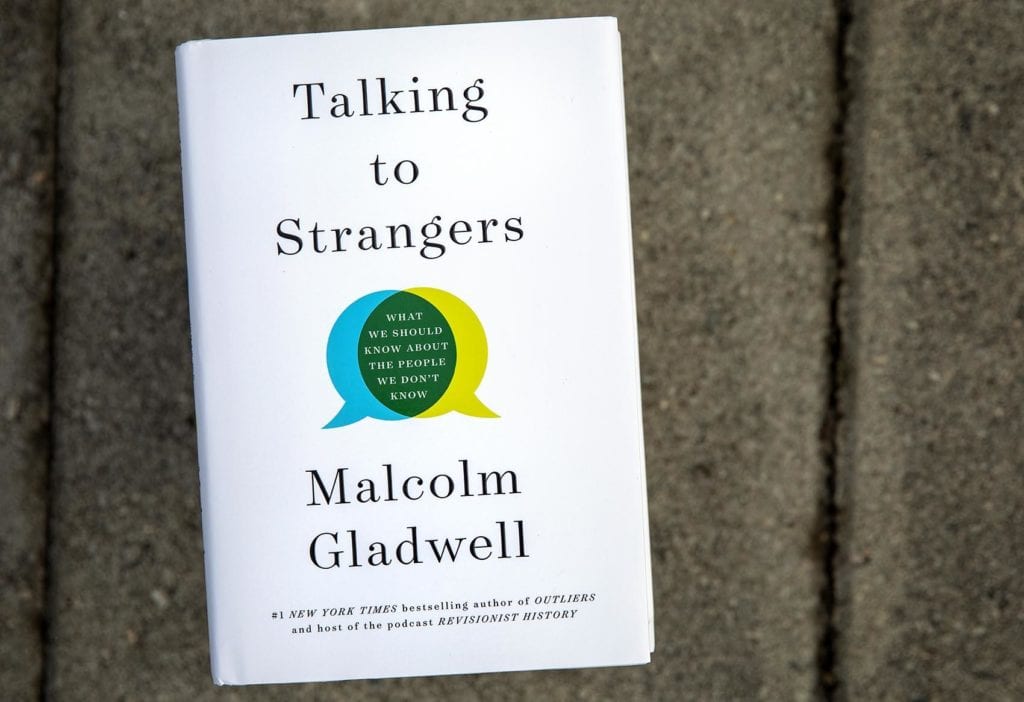
Former New Yorker journalist turned author, Malcolm Gladwell, has become something of a cultural phenomenon over the last 20 years with his uniquely positioned psychology-orientated books. Both The Tipping Point and Outliers are fascinating reads, but Talking to Strangers gets the nod here because of its engaging, highly relevant subject matter.
In his distinctive style, Gladwell examines the issue of communication and the assumptions we make when dealing with strangers. As individuals, we bring our unspoken prejudices and preconceptions to every new engagement, and these have a powerful effect on the nature and outcome of each interaction, no matter how brief. But Talking to Strangers goes a step further, looking out how this plays out on a broader scale by using examples like police brutality and the Black Live Matter movement to illustrate the point. This book will not only change the way you see others, but it also provides insight, the gateway to empathy, which is something the world is badly in need of right now.[1]
9 The Shack – William P. Young
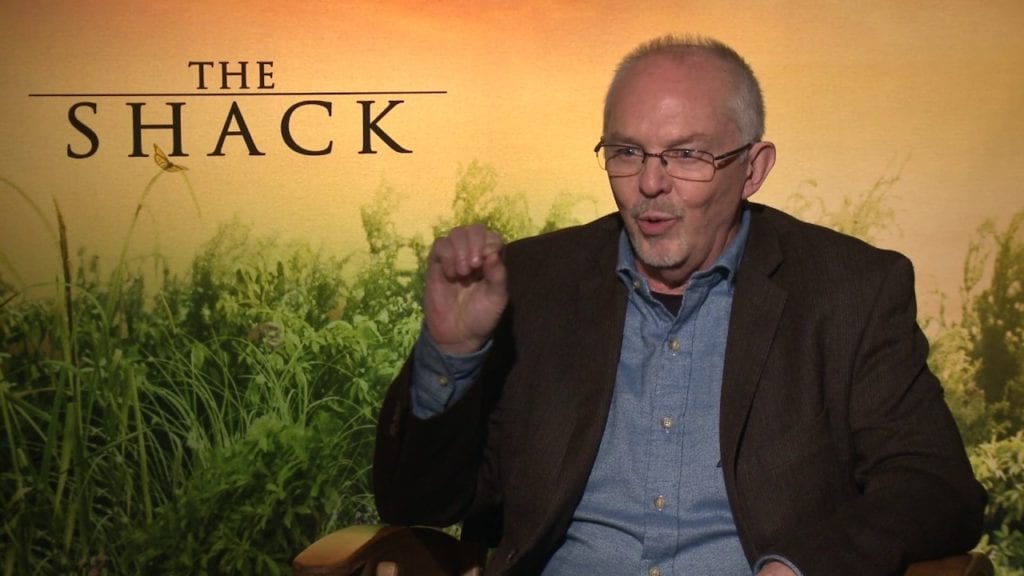
When The Shack was published in 2007, it rocketed to the top of the bestseller lists in a matter of months and received widespread critical acclaim. It also garnered its fair share of controversy. The story follows a father’s personal interactions with God as he tries to come to terms with the murder of his young daughter four years previously. Non-believers dismissed it out of hand, of course, and many in the religious community shunned the book for it’s confusing, even heretical portrayal of God and the Trinity.
To get caught up in the debate, however, is to overlook the essence of the story and thus to miss out on its powerful message. You don’t have to be religious to be moved by The Shack, the core theme of which is forgiveness and making peace with the turbulent past. William P. Young didn’t set out to write a novel, let alone a controversial one. He wrote the story for his children and, with that in mind, it becomes a powerful allegorical tale of battling the internal demons we all face at one time or another. The climax, which sees the father’s emotional confrontation with the man who killed his daughter, makes you consider what you would do in a similar situation and that kind of inspired introspection, found time and again in the story, can have a life-changing impact.[2]
8 The 4-Hour Workweek – Tim Ferriss
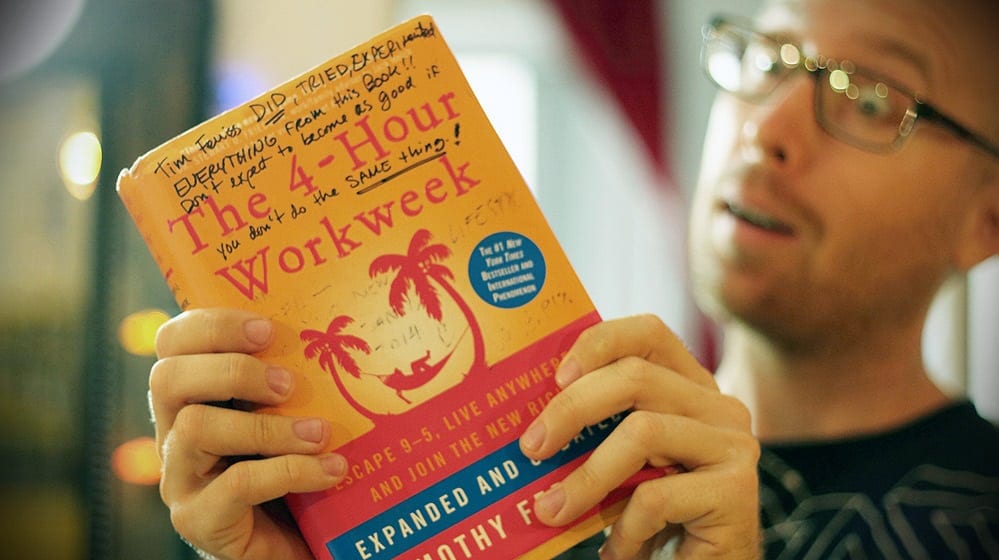
If you haven’t read The 4-Hour Workweek, the title alone is enough to grab your interest. Who doesn’t want to make a living working less than an hour a day? That was Tim Ferriss’ intention, and it worked – the book became an overnight bestseller. If you have read it, though, you’re probably of the opinion that it’s heavy on hype and light on substance. And you, along with the army of vocal critics, are not wrong. Or, at least, not entirely wrong.
Despite the pleasant, cartoon palm tree on the cover, this book won’t allow you to quit your job and get rich lying on the beach, working only four hours a week. So, why is it on this list, then? Because, beneath the deceptively alluring concept, Ferriss explores the key issues of time management and lifestyle design, both of which come down to personal choice. The arbitrary societal bonds we all accept are largely self-imposed. The 4-Hour Workweek is about breaking rules, pushing boundaries, and challenging long-held beliefs of what ‘acceptable’ and ‘expected’ really are. These powerful concepts can be applied to any area of life, which Tim Ferriss illustrated with his follow-up fitness book, The 4-Hour Body.[3]
7 The Alchemist – Paulo Coelho
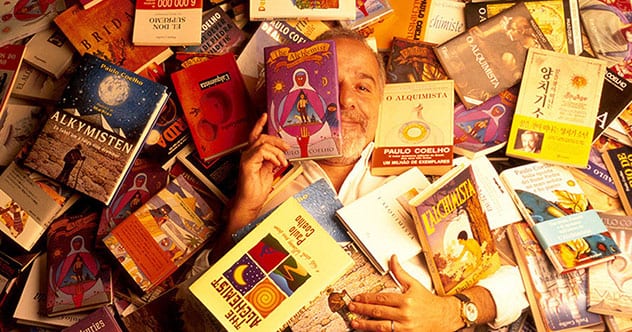
Paulo Coelho’s well-known story is a treasure trove of profound insights and observations wrapped up in a simple plot involving an Andalucian shepherd boy who follows his dreams in search of answers that are ultimately found in the same place as the corresponding questions: within. The moving message coupled with the precision of prose Coelho employs make The Alchemist one of the most recognized books of the last 50 years.
The book’s lofty acclaim can sometimes work against it, however, as these days anything successful is often dismissed as being ‘cheap’ and ‘commercial.’ Not so in this case. The spiritual lessons the young shepherd learns on his journey are so relevant to human existence and the interpretation of destiny that, although The Alchemist is fictional, to dismiss it as make-believe is to miss out on some profoundly moving, potentially life-changing wisdom.[4]
6 Freakanomics – Steven Levitt and Stephen J. Dubner
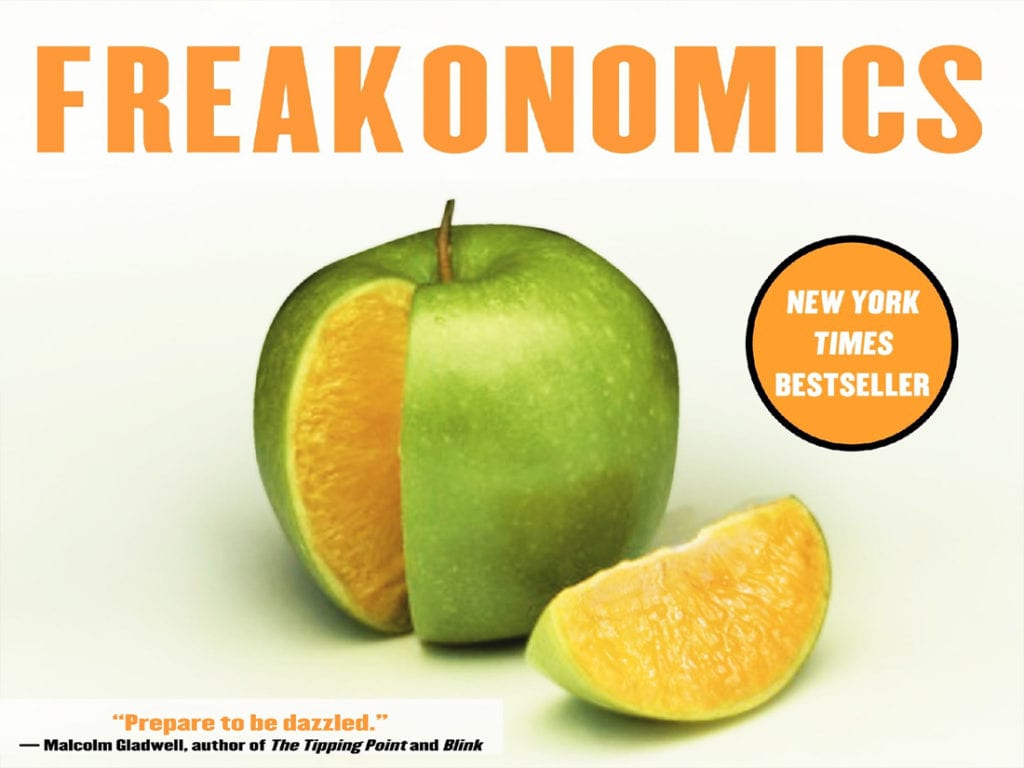
A genre-defying, non-fiction work that blends economics, statistics, and pop culture, Freakanomics has become something of a franchise since its 2005 publication, complete with a lecture series, a radio show, a movie, and a website. There’s a good reason for this. The book that claims to explore the hidden side of everything more than delivers in intriguingly titled chapters like, “How is the Ku Klux Klan like a group of real estate agents?” and, “Why do drug dealers still live with their mothers?”
The answers to these quirky questions, and many more besides, are delivered by way of statistical and economic analysis, which is to say, pure data. There’s no airy philosophical debate here, just plain facts and the startling insights they provide. The overriding theme is how human behavior is governed by incentives, and how understanding the latter can reveal a lot about the former. The colorful examples used in Freakanomics are entertaining in themselves, but the lessons they impart can be used in many areas of one’s life, from relationships to workplace productivity and even selecting the right name for your child.[5]
Top 10 Disturbing True Crime Books You Won’t Want To Read Twice
5 The Subtle Art of Not Giving a F*ck – Mark Manson
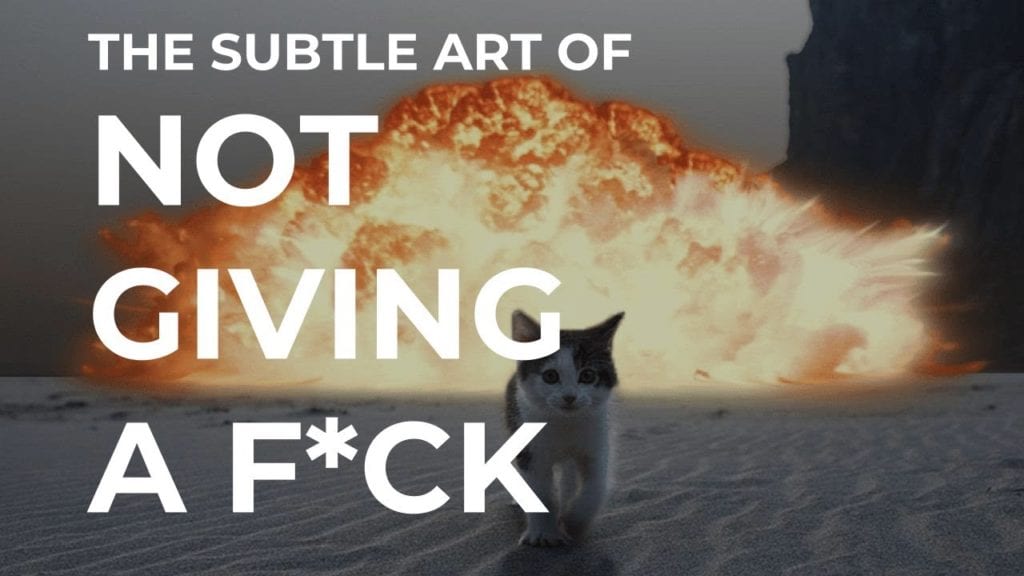
In the booming self-help book business, full of snake-oil salesmen and dime store wisdom as cheap and worthless as the pages they come in are expensive, Mark Manson’s well known ‘anti-self-help’ book is a breath of fresh air. Right from the title, he lets the reader know they’re in for something different, and the amusing collection of powerful insights he provides are more than worth the cost of admission.
The basic premise of the book is that people care too much about the wrong things and not enough about those which really matter. In the words of the author himself, it’s all about ‘deciding on the appropriate and effective f*ck allocation’ for any given situation. As the title suggests, this is a subtle art, one Manson uses colorful turns of phrase like the above, illustrative anecdotes, and a generous helping of humor to describe to great effect. The Subtle Art can be read for mere enjoyment alone, but if you’re prepared to open your mind and take some of the advice on offer, the changes in your life will be immediate and significant.[6]
4 The Prophet – Kahlil Gibran
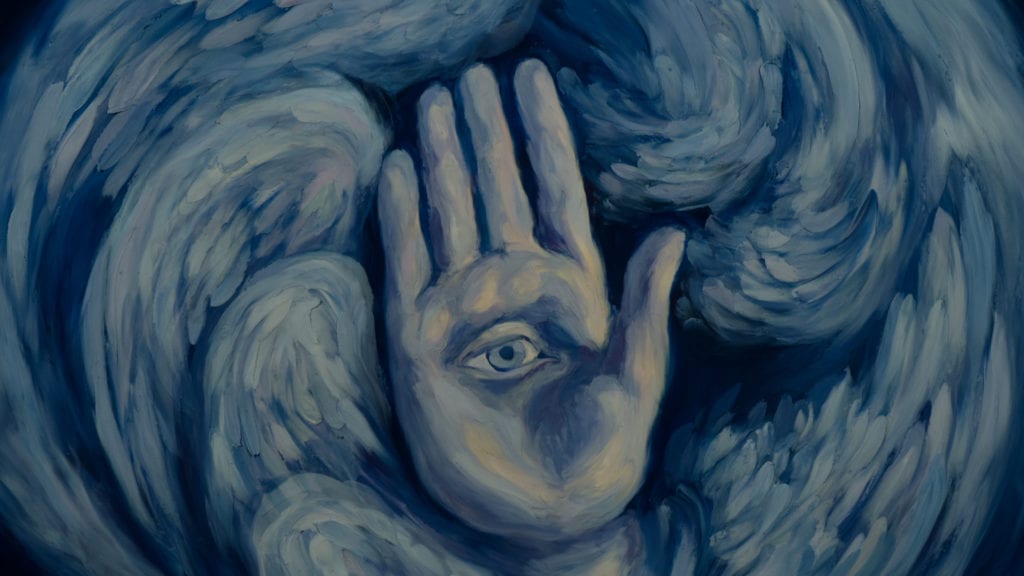
Published way back in 1923, Kahlil Gibran’s transformative collection of prose fables has never been out of print and inspired such great thinkers as The Beatles, Indira Gandhi, and John F. Kennedy. Although the author was of mixed Lebanese-American heritage and the book was written in English, it has been largely ignored by the western literary establishment over the years, yet still manages to find its way into any discussion of powerful written works regardless.
Gibran makes use of 26 prose poems to tell the story of an old man on the verge of returning home after years in exile, imparting his knowledge in sermonized form to a gathered crowd. Major topics of life, love, work, and death are dealt with in a purely spiritual sense, without any religious associations. For this reason, The Prophet became something of a counter-culture symbol in the ‘60s and, in much the same way as its meaning changes for the reader over time, its wisdom remains profound and starkly relevant today, nearly 100 years on from its release.[7]
10 Books That Will Make You Smarter
3 The Road Less Traveled – M. Scott Peck
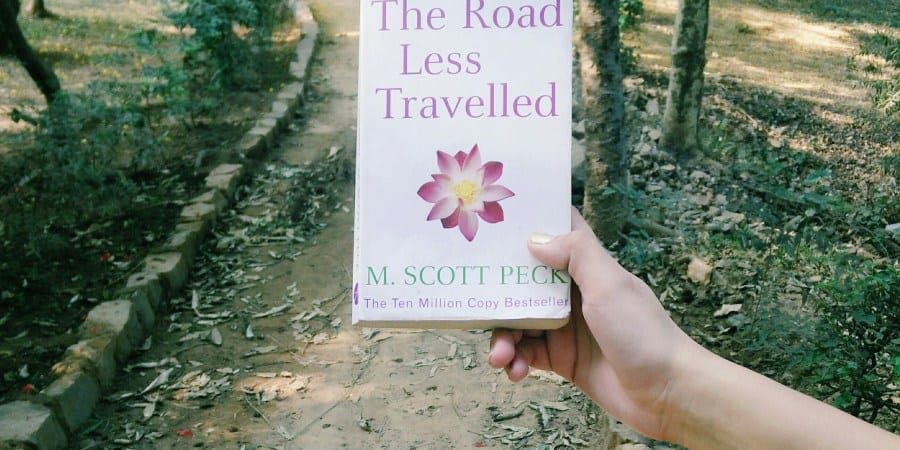
Famed American psychiatrist and author, M. Scott Peck was one of the first to propose connections between psychotherapy and spirituality. His defining book The Road Less Traveled, a remarkable personal exploration of the idea, was a tremendous success and has been on the bestseller lists so long it holds a Guinness World Record.
Beginning with the memorable line, “Life is hard,” the book explores the idea that overcoming difficulty begins with accepting it, a concept that has since become a cornerstone of psychology and the self-help profession. There is no sugar coating here. Peck examines gloomy topics like the myth of romantic love, evil, mental illness, and death, all the while referencing his own struggles, making the insightful revelations all the more profound. It’s impossible to read without examining one’s own life in the process, and anyone prepared for some uncomfortable introspection will discover why The Road Less Traveled is still widely read and talked about today.[8]
2 Rich Dad, Poor Dad – Robert Kiyosaki
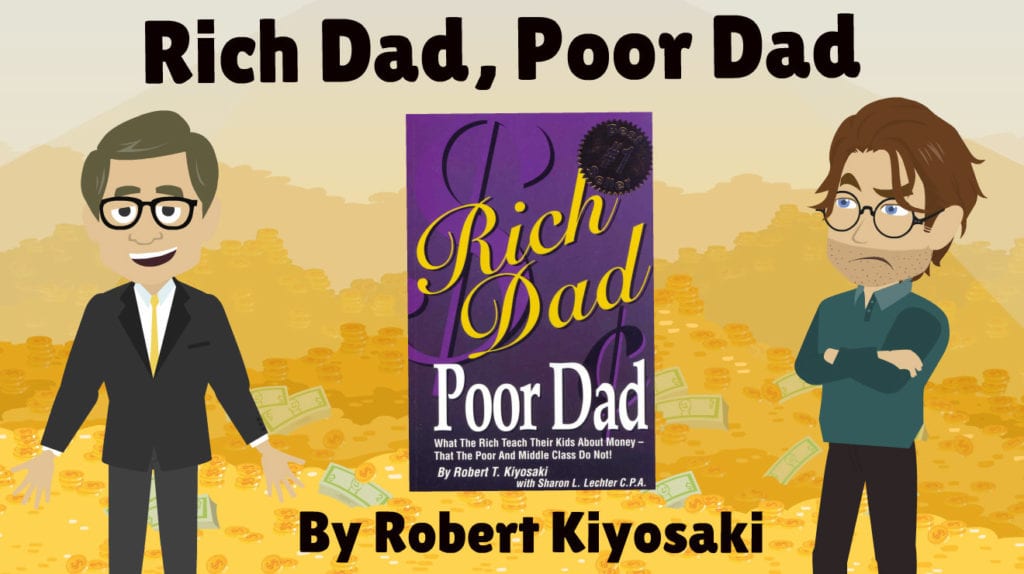
As important as spiritual growth and personal development are, there’s no denying that financial health matters just as much. There’s a glut of money management advice out there these days, the vast majority of which is packed full of the kind of technical jargon and incomprehensible concepts that discourage the casual reader. Robert Kiyosaki sought to change that with Rich Dad, Poor Dad, a financial self-help book full of sound advice and so easy to understand that it should be made required reading in schools.
The author keys in on one basic aspect of money management that is as simple as it is profound: poor people work for money, rich people make money work for them. While most individuals spend their lives piling up debt, the financially astute focus on asset accumulation. Kiyosaki illustrates the point with stories from his childhood and the contrast between his father, the ‘poor dad’ and his part-time employer turned mentor, ‘rich dad’ to excellent effect. The result is a memorable read full of invaluable insights that can be used by anyone, regardless of their income level or station in life.[9]
1 Flow: The Psychology of Optimal Experience – Mihaly Csikszentmihalyi
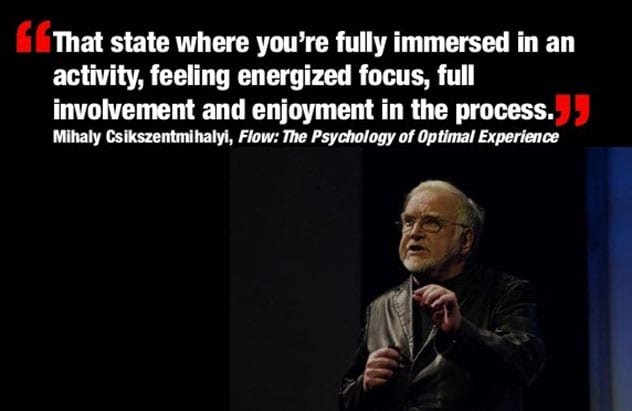
With the academic-sounding title and the author’s unpronounceable last name, it’s tempting to dismiss Flow as some boring, scientific text. But anyone who’s read it, or is familiar with the ‘flow-zone’ theory it proposes, will know that Csikszentmihalyi’s book represents a groundbreaking psychological analysis of the one thing we all spend our lives in search of – happiness.
Flow claims that for each individual, happiness is entirely subjective and that we’re most content not when relaxed or at ease, as many tend to think, but when we’re engaged in activities where our level of skill is perfectly matched to the corresponding difficulty of the task in question. In this state, we enter a zone in which time loses all meaning, distractions cease to exist, and we’re utterly absorbed and consumed by the experience.
This level of blissful engagement can be attained by anyone prepared to examine their own interests and desires, realistically assess their level of ability, and seek out endeavors in which the ‘flow’ state can be achieved. Money may not be able to buy happiness, but if used to purchase this book, it can certainly provide a path to achieving that elusive ideal.[10]
Top 10 Fascinating Facts About Books
About The Author: About the author: I’m 32 years old and I live in South Africa. I work full time in logistics and I’m a freelance writer in my (limited) spare time. I have various projects in the works, including a potential novel, and I regularly participate in the Reedsy Prompts short story contest, where a growing collection of my work is available for reading. I have been a shortlisted finalist there twice so far.








